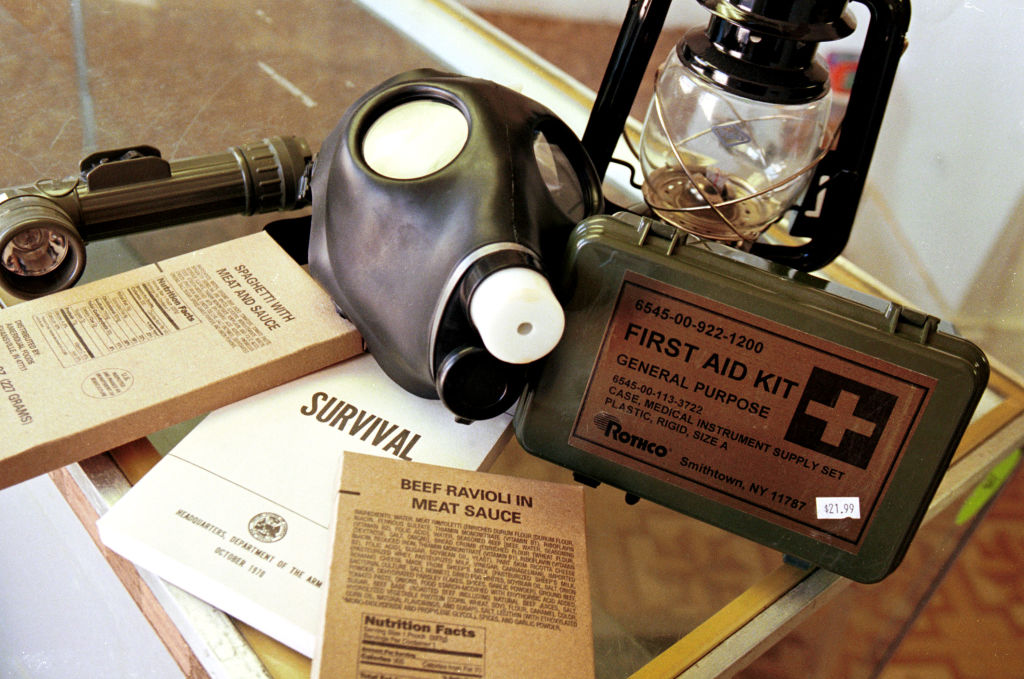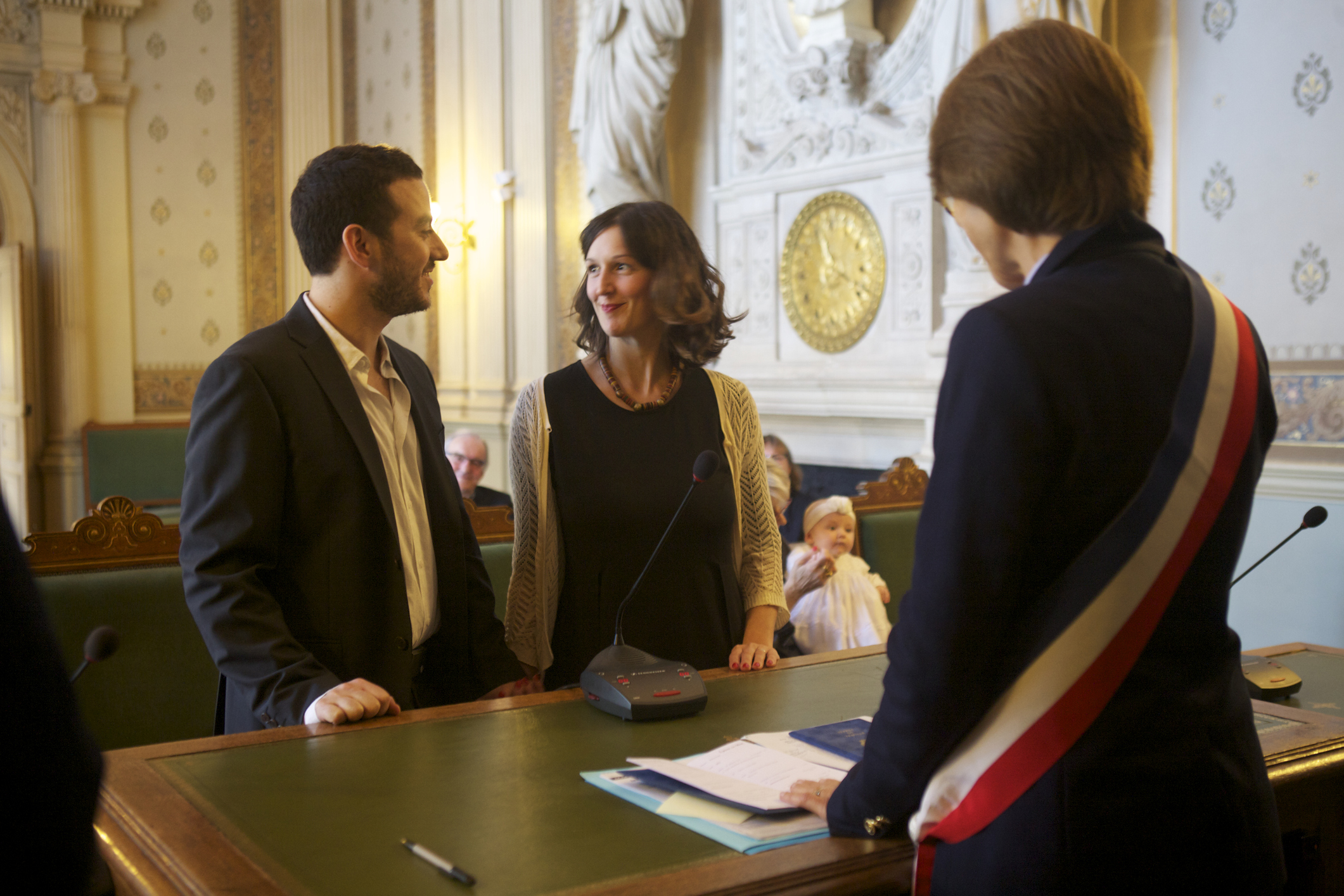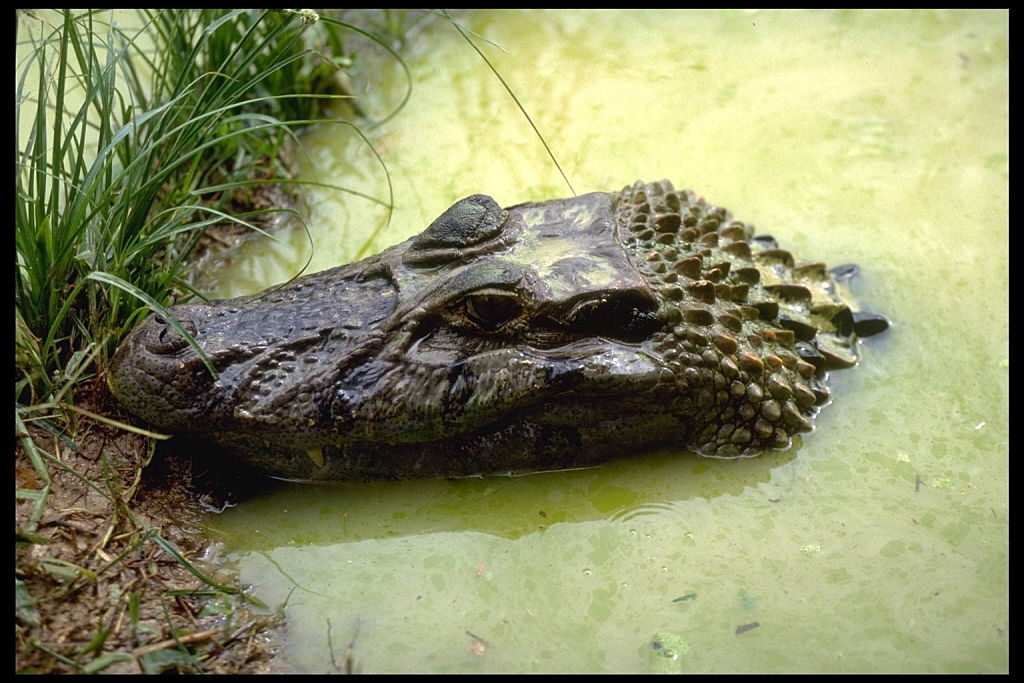In a report French Senators have found that the French government covered up alleged fraud by Swiss food giant Nestlé.
Published on May 19, the six-month investigation concluded that the French government not only failed to enforce the law but actively altered legislation to favour Nestlé, prioritising private corporate interests over public health and environmental safety.
The document highlights that the French government allowed the company to use prohibited treatments to produce natural mineral waters, including Perrier.
“The French President has known, at least since 2022, that Nestlé had been cheating for years. It was aware of the prohibited practices used by Nestlé to disinfect its so-called natural mineral waters, which are regularly contaminated by faecal bacteria and pesticides,” said the report.
Alexis Kholer, former aide to President Emmanuel Macron until February 2025, reportedly met with Nestlé executives.
The report also revealed that Nestlé put pressure at the European level.
The group tried to “take action at both ends of the public administration: at the top, to obtain a blank check on its microfiltration at national and European level, and at the local level to ensure that prefectural decrees validate the use of microfiltration in groundwater”, the report reads.
Speaking with Brussels Signal on May 21, a Nestlé spokesperson stated that food safety is the company’s “primary goal”.
Over 120 people were interviewed during the Senate’s 73 hearings. According to committee president Laurent Burgoa, some senators were subjected to intimidation attempts by lawyers during the inquiry.
The work of the parliamentary committee of enquiry into the bottled water industry has resulted in two reports of perjury before the national legislature.
Both concern executives of the Nestlé Waters group, which is accused of fraudulent practices in the processing of its mineral waters.
At the time the report was published, Nestlé Waters was still not in compliance with the regulations, the senators said.
Following the report, consumer advocacy group Foodwatch said that they filed a legal complaint with the Paris Court of First Instance in February 2025, accusing the government of failing to alert the European Commission or other EU member states about the violations.
“We discover a total laissez-faire attitude. It is easy to understand why the French government did not inform the European Commission and the other Member States: for years, it was clearly too busy covering up massive fraud instead of applying the regulations,” said Food Watch information director Ingrid Kragl.
“This allowed Nestlé to sell fraudulent products and mislead consumers without being bothered. We are delighted that judges are investigating this case following the Foodwatch complaint, and we expect the criminal courts to take exemplary action against those responsible, whoever they may be,” she added.
The scandal first surfaced publicly in January 2024, when a joint investigation by Radio France and Le Monde revealed that several bottled water companies, including Nestlé’s Perrier, Vittel, Contrex, and Hépar, as well as rivals Cristalline and St-Yorre, had been using illegal purification methods for years.
Unlike tap water, natural mineral and spring waters are legally required to be bottled in their pure state, without any disinfection.
However, internal whistle-blowers, including a former employee of Sources Alma (producer of Cristalline and St-Yorre), reported suspicious practices as early as 2020.
Subsequent investigations by the French consumer fraud authority (DGCCRF) uncovered a range of prohibited methods: mixing waters from different sources, adding industrial carbon dioxide, treating contamination with iron sulfate, and using ozone or UV disinfection, all banned under mineral water regulations.
Regarding current legislation, Nestlé argued that clearer and more consistent legislation is needed.
“We take note of the conclusions presented by the French Senate Committee of Inquiry on practices in the bottled water industry, underlining common challenges for mineral bottlers today and the need for greater clarity and consistency in the application of the regulatory framework,” the company spokesperson said on May 21.
In their report, the French Senate revealed that a 2022 assessment of Nestlé’s water operations was altered under the company’s influence.
“We discovered that the manufacturer has become the censor and even the co-author of a report by a regional health authority,” said Alexandre Ouizille, the rapporteur in charge of the committee of enquiry.
“The investigating official refused the redaction and withdrew his signature, but the report was nonetheless modified under Nestlé’s dictation. We are dealing here with particularly serious facts that call for inspection and punishment, ” he added.
When questioned, the former Minister for Industry, Roland Lescure, denied any intervention of any kind: ‘The industry cabinet did not send any request to modify a CODERST [ The departmental council for the environment and health and technological risks] report’.
The former Minister for Health, Agnès Firmin Le Bodo, took a similar line, denying “any intervention to change anything in December 2023. This matter has been handled directly between the ARS and the manufacturer, ” she said.





